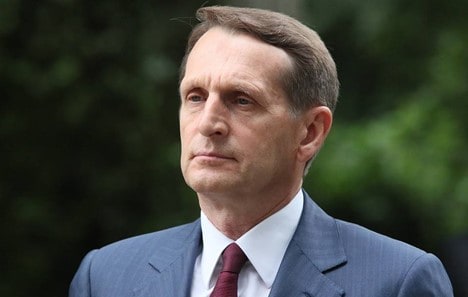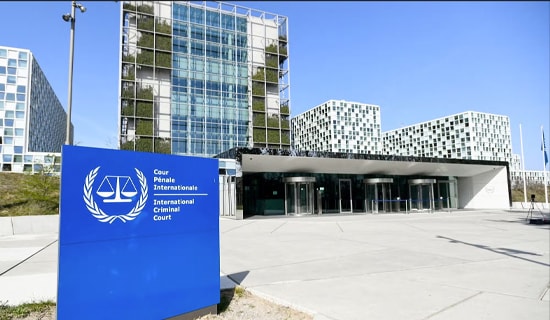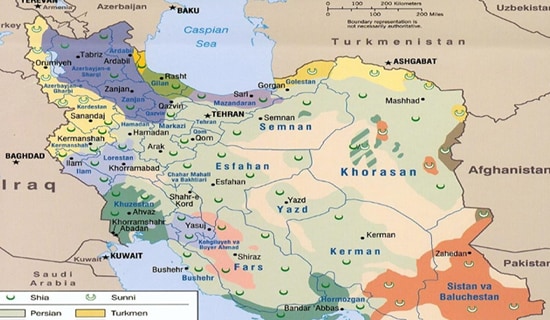Sergey Naryshkin, the director of Russia's Foreign Intelligence Service, is convinced that the current era will see a boom in the recruitment of Westerners to serve Russia's Foreign Intelligence Service. In the 1930s many in the West viewed the Soviet Union as the true antagonist of fascism impelling some to offer their services to the Soviet Union. The most notorious were members of the "Cambridge Five", who rose to high places in British Intelligence and the Foreign Office. Due to their impeccable British upper-class background, they avoided suspicion and were able to funnel important information to the Soviet Union. Now, Naryshkin believes that history will repeat itself. In an interview with Argumenty i Fakty, excerpted by Ria.ru, the Russian intelligence chief believes that many thinking persons in the West are so repelled by the degeneration of Western Liberalism that they will be willing to enlist in Russian intelligence as they view Russia as the bulwark of traditional values. When the veil of secrecy can be lifted, they will be lionized in Russia in the same way that the Cambridge Five were.
Naryshkin's comments follow below:[1]

Sergey Naryshkin (Source: Tass.ru)
"Representatives of the thoughtful part of Western society, who are unwilling to tolerate a liberal ideology that is antithetical to human nature itself, now views Russia as a protector of traditional values. This encourages them to help Russian foreign intelligence, and in half a century it will have stories to tell about such people, said Sergei Naryshkin, Director of the Russian SVR [Foreign Intelligence Service].
"'Russian intelligence has always been proud of its auxiliaries, who guided by the force of their convictions, made the choice in favor of serving universal values and ideals,' stressed Naryshkin in an interview with 'Argumenty i Fakty' newspaper on the eve of the 101st anniversary of the SVR, celebrated on December 20. The most valuable Russian intelligence sources, including members of the famous British 'Cambridge Five,' came precisely from the circle of such people, said Naryshkin.
"'Alas, the ideological crisis caused by the USSR collapse briefly made it problematic to expand the circle of such people. However, as our country recovered from the 'darkness' of the 1990s and found the way back to its original path and global mission, interest abroad to our values and orientations began picking up again,' claimed the SVR Director.
"According to Naryshkin, it's no coincidence that Russia's ideological revival is happening against the backdrop of liberal ideology's deepening crisis.
"'The thoughtful part of society in the US, Europe, and other countries that have undergone liberal globalization, is experiencing growing disenchantment with the ugly forms, into which economic, political and personal freedom has degenerated in the West today,' noted Naryshkin.
"A reluctance to put up with corporate oppressiveness, venal politicians, attacks on religious values, the deliberate breakdown of society and the family, and, finally, a twisted interpretation of man currently serve as an important incentive for members of the intellectual elite the world over to again seek ties with Russia, explained the SVR director.
"'This growth of Russia's standing as the bearer and protector of traditional values also affects the SVR's relations with its authorities. I can promise that in 50 years the SVR will have stories to tell about the [Kim] Philbys and [George] Blakes of our time,' said Naryshkin.
"Meanwhile, for an intelligence service information about people who assist it is the 'inner sanctum,' stressed the director of the SVR.
"'It is necessary to be particularly careful and prudent about publicizing such knowledge even in reference to bygone eras. In addition to the security interests of our friends, moral and ethical aspects also play a prominent role in this regard,' explained Naryshkin.
"'The Cambridge Five were a group of British Trinity College graduates in Cambridge, who collaborated with Soviet intelligence service from 1930-1950. It was comprised of Kim Philby (1912-1988), who was the leader of the group, Guy Burgess, Donald McLean, Anthony Blunt, and John Cairncross. They held high offices in the British intelligence services and the Foreign Office. The USSR received the most valuable information on major international problems from the members of the 'Cambridge Five' in the pre-war and war years.
"During his years of work for Soviet intelligence, Philby personally transferred a great deal of valuable information to Moscow, including information on the US nuclear program. Philby himself believed his main achievement to be the intel he obtained on the German forces' action plan in the Battle of Kursk in 1943. In 1963 he managed to relocate to the USSR via illegal channels. He is buried in the 'Kuntsevo' cemetery in Moscow.
"George Blake (1922-2020), a former British intelligence officer, collaborated with the USSR since the early 1950s. Blake sent intelligence reviews of the British War Office and data on the extent to which the British and Americans were aware of Soviet military secrets. In total, Blake compromised to the USSR about 400 British intelligence agents from among the citizens of the Socialist bloc.
"Based on Blake's intel, Soviet foreign intelligence conducted an operation in 1956 on the 'accidental' discovery of a tunnel in Berlin, which was dug out by US and British intelligence and reached the communication lines of the Soviet troops in [East] Germany. That operation had a great political effect.
"Because of the betrayal of a Polish intelligence officer, [Michael] Goleniewski, who provided the CIA with the intel about a Soviet agent in British intelligence, Blake was arrested in 1961 and sentenced to 42 years' imprisonment. After four years of incarceration, Blake's escape from prison was successfully organized. With the help of friends, he made his way across Berlin to Moscow in 1965. Blake was promoted to the rank of colonel of Soviet foreign intelligence. He is buried in Moscow at the 'Troekurov' Cemetery.
"Philby and Blake were awarded the KGB's highest award, the Badge 'Honorary Officer of the State Security.'
"Bronze portraits of the Cambridge Five members and Blake were put on a monument to Russian spies of all times, opened in September 2020 at the headquarters of Russian SVR."

The 'Cambridge Five'. From left: Guy Burgess, Anthony Blunt, Kim Philby, John Cairncross and Donald McLean. (Source: Facebook.com)
[1] Ria.ru, December 15, 2021.








